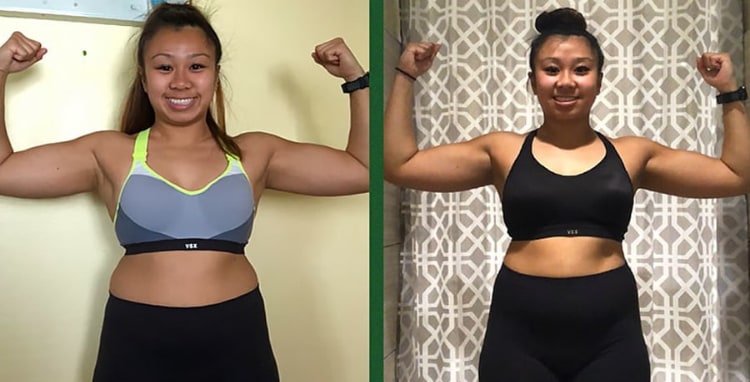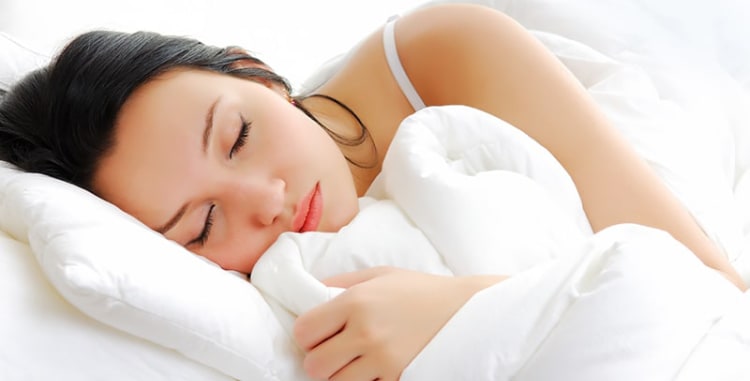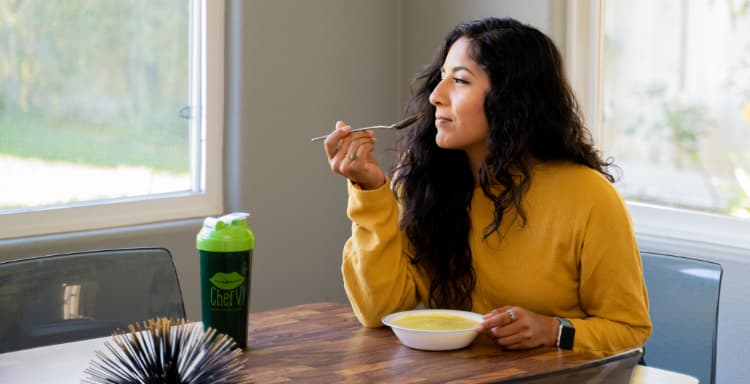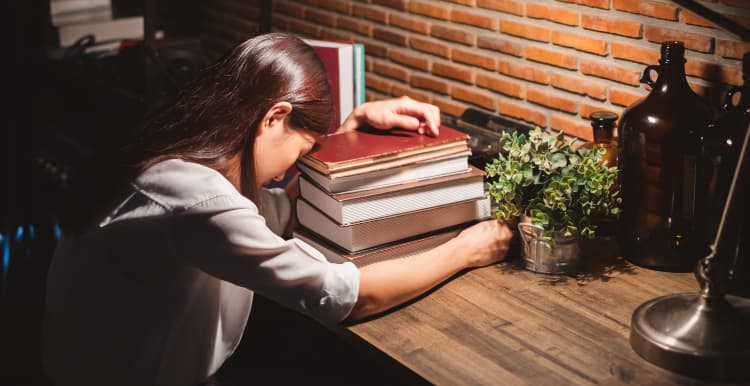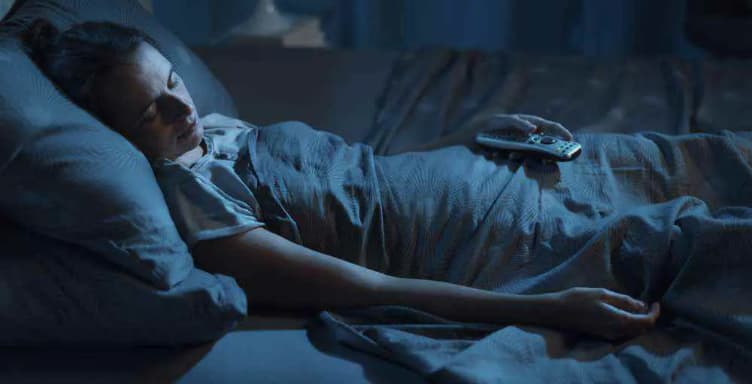Are you having difficulty with your health and weight-loss goals? Then sleep on it! No, really. How and when you sleep can have significant effects on your overall health. In this blog, we’ll go over the surprising connections between sleep and metabolism, and how you can use sleep along with your juice cleanse detox for better digestive health.
A little background: In 2023, ChefV.com products were the focus of an independent clinical trial by Citrus Labs. The 38 participants who completed a 21 DAY DETOX and then continued on a GREEN DRINK plan for 7 days saw vast improvements in all areas of their life. This includes a 34% reduction in inflammation and an average weight loss of nearly 8 pounds, and a 44% improvement in sleep quality. We take sleep seriously!
The choices of the sleep deprived
There’s a lot of neat science coming up, we promise. But before we get to that, it’s important to understand how being generally sleep deprived can affect your overall relationship with food and health habits.
Generally, there’s a much larger chance that the sleepy version of yourself is going to be the one making the bad decisions. If you’re exhausted from getting too few hours of sleep, you’re probably not going to be getting enough exercise.
The bad news doesn’t stop there, of course. When you don’t get enough sleep, your brain impulse control centers get dulled. Your brain simply knows it needs energy somehow, and you’ll start reaching for the sugary foods. Best case scenario is you develop a caffeine addiction by trying to treat your tiredness with coffee.
Stressing out your gut bacteria
One key aspect of how your digestion and metabolism work involves the bacteria found inside your gut. Keeping the good bacteria in your stomach and guts healthy is vital to help them break down the fiber in the food you eat. Not only does this keep you regular, but it also helps you better regulate your appetite and eating schedule.
When you don’t get enough sleep, you start releasing stress hormones. These stress hormones then proceed to mess with the functioning of your gut bacteria, preventing them from working correctly. This in turn can lead to intestinal distress, loss of appetite control, and weight gain.
Timing, sleep, and metabolism
As anyone who has ever seen intermittent fasting before and after pics, it’s clear that when you eat is nearly as important as what you eat. Your body is a more sophisticated machine than you give it credit for. It at least understands that when you’re sleeping, it should be burning fat, since you’re not going to be needing that for anything while you’re dozing, right? When you’re awake, your fat-burning rate slows down in case you need to expend energy during the day.
This means that if you miss out on sleep, you are also missing out on prime-time fat burning.
A lack of sleep can also mess with how your body reacts to insulin. If your body stops reacting to insulin, it stops properly processing sugar in the bloodstream, which is instead stored as fat. Long story short, if you cut back on sleep, you’re cutting back on one of the best times to lose weight. Even if you want to stay up all night waiting for your green drink delivery, the link between sleep and metabolism means it’s a better idea to get some shuteye.
Get your best rest with Chef V
At Chef V, we can’t be there every night to steal your phone and force you to get some shuteye. What we can do is provide you the best in green drink delivery to promote better gut health, energy, and weight loss. With all the fruits and vegetables you need, we can help you feel refreshed in the morning, and relaxed enough
